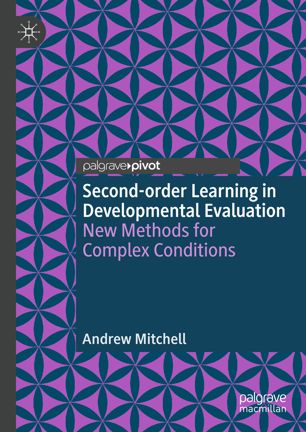

Most ebook files are in PDF format, so you can easily read them using various software such as Foxit Reader or directly on the Google Chrome browser.
Some ebook files are released by publishers in other formats such as .awz, .mobi, .epub, .fb2, etc. You may need to install specific software to read these formats on mobile/PC, such as Calibre.
Please read the tutorial at this link: https://ebookbell.com/faq
We offer FREE conversion to the popular formats you request; however, this may take some time. Therefore, right after payment, please email us, and we will try to provide the service as quickly as possible.
For some exceptional file formats or broken links (if any), please refrain from opening any disputes. Instead, email us first, and we will try to assist within a maximum of 6 hours.
EbookBell Team

5.0
70 reviewsThis book aims to account for how project learning and adaptation occurs through Developmental Evaluation (DE), especially under conditions of uncertainty, complexity and change. Drawing on enactive cognitive science, the author presents a DE framework designed to augment traditional monitoring and evaluation activities. Discussing this framework in detail, the author also reports upon an extended case project investigating the sustainability of a market town in the UK. The framework aims to support the reader in capturing second-order learning and exploring opportunities for innovative responses to dynamic, uncertain and complex operational conditions. Recommendations are offered for future research, and how the framework might be incorporated into the design and funding of projects deployed to work with wicked problems.